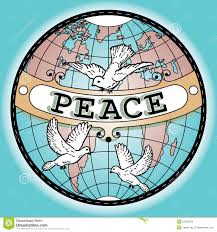When joining a group of people, it is always interesting to notice what the people present are doing.
A little like the actors in a scene, their actions and reactions to one another can reveal much to us.
The readings of the texts of the Bible can somehow do the same.
It is especially true of the texts of the gospels.
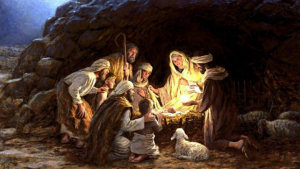
Today’s feast presents us with the gospel of the visit of the shepherds to the new-born Child in Bethlehem.
The narrative tells us (Luke 2:16-21):
“The shepherds hurried off and found Mary and Joseph, and the baby.
They spread the word concerning what had been told them about this child.
All who heard it were amazed.
Mary treasured up all these things and pondered them in her heart.
The shepherds returned, glorifying and praising God for all the things they had heard and seen.”
The text speaks of:
– haste to find something and discovering…
– sharing with others this discovery…
– treasuring and pondering…
– glorifying and praising God…
Could this not be for us the plan of the new year about to unfold?
- Discovering the meaning of our human existence, discovering God in our day-to-day lives…
- Sharing with others what we have perceived of God’s presence…
- Treasuring this gift of a new understanding, keeping on reflecting…
- Glorifying and praising God for all that he reveals to us of himself, of ourselves…
A promising travel plan… for a hopeful journey…
Note: Another text is available on a different theme, in French at: https://image-i-nations.com/fete-de-marie-mere-de-dieu-annee-a-2023/

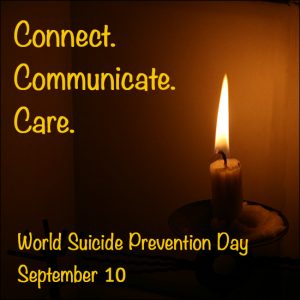 History of World Suicide Prevention Day
History of World Suicide Prevention Day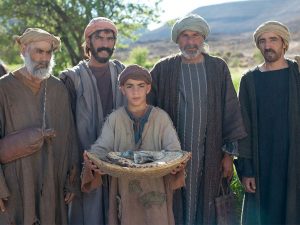
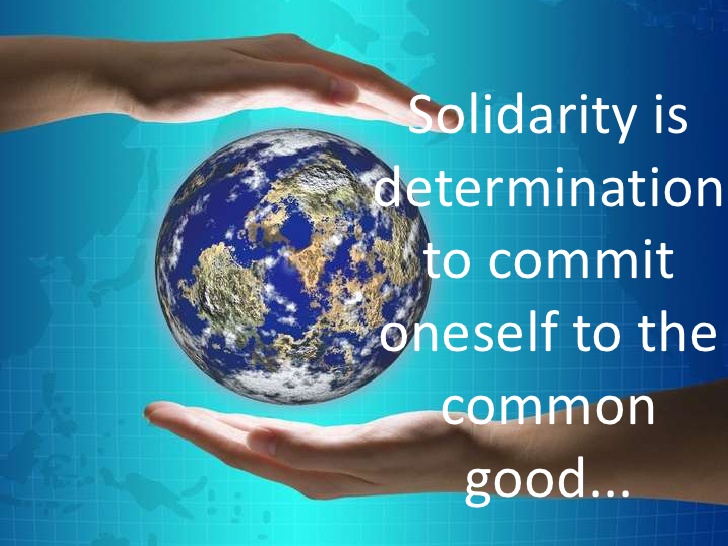 The United Nations’ (UN) International Human Solidarity Day is annually held on December 20 to celebrate unity in diversity. It also aims to remind people on the importance of solidarity in working towards eradicating poverty.
The United Nations’ (UN) International Human Solidarity Day is annually held on December 20 to celebrate unity in diversity. It also aims to remind people on the importance of solidarity in working towards eradicating poverty.